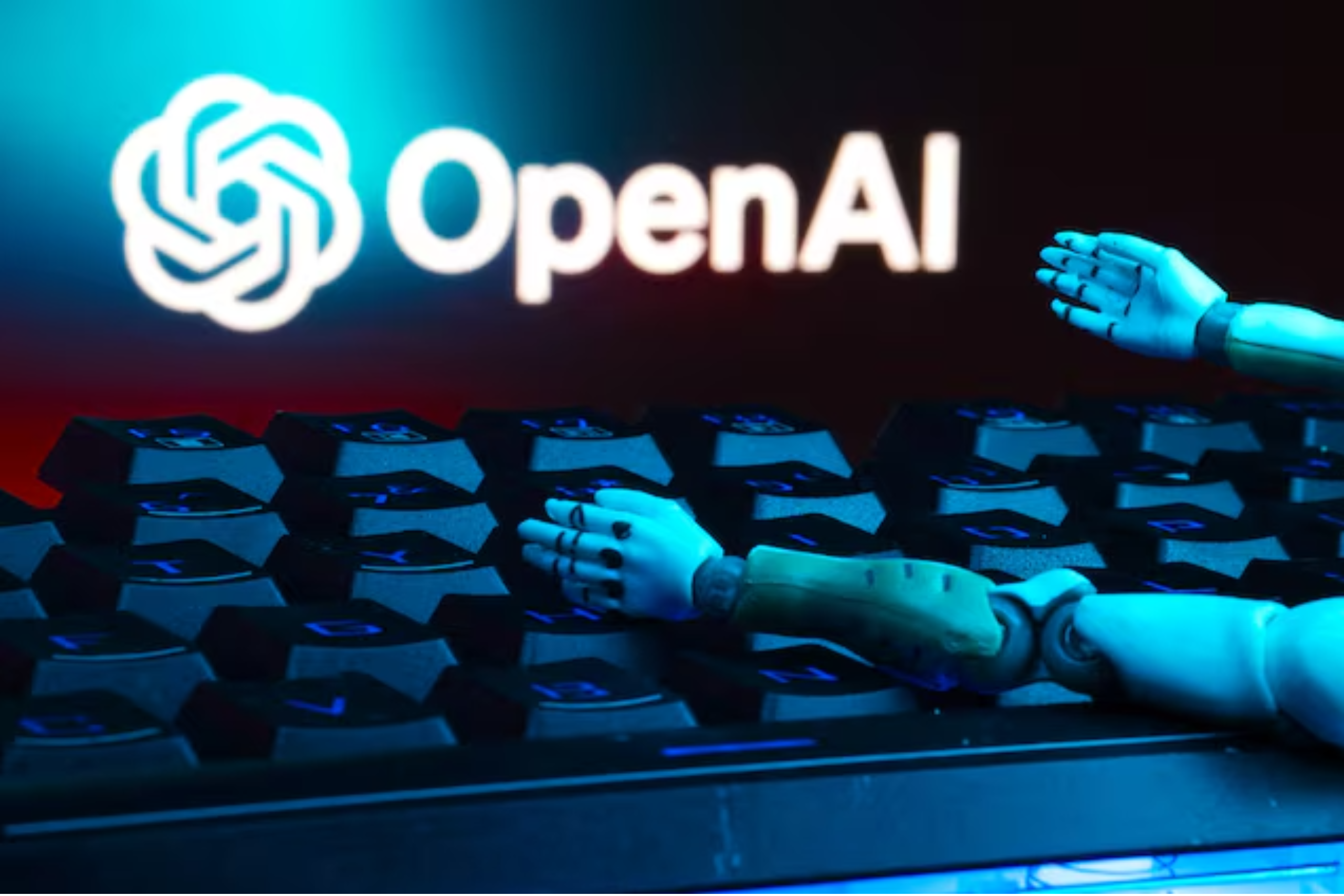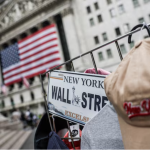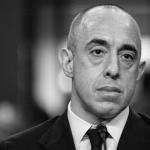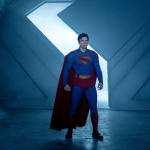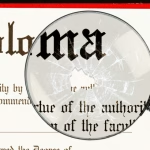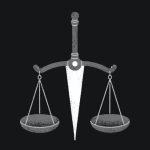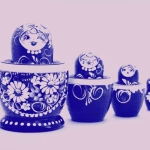The tiny Ukrainian town of Zawale, which was a part of the enormous, multiethnic Austro-Hungarian empire, is where my grandfather was born in 1882. Like so many other European countries, this mega-state enthusiastically threw itself into a world war in 1914. Later, my grandfather told my father how perplexed he had been to see thousands of contented young men—who were still essentially boys—crying as they boarded trains in Vienna and headed off to what was most likely their demise. He escaped conscription, did not volunteer, and lived.
My father, his son, was born in Vienna in 1927. Adolf Hitler took over as Germany’s chancellor when he was six years old. My grandfather made good use of the remaining years of Austria’s independence: a number of his family’s documents had to be reissued after an archive burned down. He was able to transform himself from a Jew into what the Nazis would later refer to as a “half Jew” through deft manipulation. He also had a particularly bold idea when Germany’s annexation of Austria became inevitable: he had his wife, my grandmother, declared the illegitimate daughter of the janitor in her parents’ building in a court proceeding. Witnesses who claimed that her mother had an affair with that janitor were bought off by him. It succeeded: My grandmother’s Aryan ancestry was formally recognized. Consequently, my family managed to survive.
This Father’s Day, I’m thinking about both paternal love and paternal foresight—the focus and clarity required to see what others might miss and to take action before the threat is named. It is never more difficult to raise children than during periods of intense uncertainty about the future. Examining the previous generations can be helpful in overcoming that obstacle.
Anne Applebaum: When Trump’s revolution falters, he acts like this.
My father’s life rapidly changed under the Nazis, despite my grandfather’s best efforts. The lifeguard smiled as he watched two boys at swimming school almost drown him. The lifeguard chuckled and remarked, “Can’t swim, Jew?” when my father eventually came out, struggling for air. At about the same time, the man who lived next door started to cast gloomy, menacing glances at my father and his sister. Only after Hitler’s army had crossed into Austria did he start yelling, “Jewwws!” whenever they went by.
My father would narrate these incidents with a detached sense of amusement. As a teenager, he had already learned to see the deep, grotesque nonsense of Nazism—the dark political comedies that Ernst Lubitsch and Charlie Chaplin were simultaneously transforming in Hollywood. My grandparents were told to leave their home with their kids by two men a few months later. The “Jewww”-shouting neighbor “bought” their house—at a negligible, symbolic price—and they moved into a tiny apartment.
In a dictatorship, corruption can be your savior, but in a democracy, it is the most destructive force. Every month, a Gestapo agent would show up at my grandparents’ apartment and seize something of value, like a painting, a piece of furniture, or a porcelain plate. In exchange, my grandparents’ file would move down a bit in his desk’s stack. The boys at my father’s school had to form a line, and everyone tall enough was asked—indeed, commanded—to join the SS. “Requesting permission to report—I’m one-quarter Jewish!” my father said, holding up his hand. The SS man yelled, “Step back!” in disgust. Thus, my father was spared from serving under Hitler as a war criminal. Being of Jewish descent was a death sentence in nearly every circumstance. However, in this particular case, it proved to be his salvation.
My father was actually arrested during the last months of the war and was held in a concentration camp near Vienna for three months, where he was always in danger of dying. However, a startling climate of tolerance for the offenders persisted after the war was over. He was treated with contemptuous dismissal when he went to the local police station to make a statement about his time in the camp. The officer questioned, “It wasn’t really that bad, was it?” “Don’t we seem a bit over the top?” My father made the ironic decision to relocate from Austria to Germany at that time because some introspection was occurring there as a result of pressure from the occupying powers. Meanwhile, Austria had been successful in portraying itself as the initial casualty of the war.
I explain to my son, who has never met his grandfather (just as I have never met mine), that my father spent his entire life preoccupied with the notion that anything that had happened to Jews could happen to anyone again. Naturally, my son feels extremely safe because he was raised in a world that seems to be stable. And that’s a good thing. However, we now live in the United States, which my grandfather considered an unreachable haven but is currently experiencing what some serious academics now characterize as an authoritarian power grab. Furthermore, a right-wing extremist party has grown so powerful that it may win the next election in Germany, where we could easily return. As a result, I consider the burden of parenting in an era where the future is unpredictable. I find myself thinking more and more about my grandfather, who in 1914 saw people go into war hysteria and chose to ignore their excitement. He would go on to take very unusual actions that would, when things went south, guarantee his family’s survival.
My father recognized the mediocrity and ignorance of those who were empowered by the dictatorship, without mistakenly believing them to be harmless clowns; my grandfather recognized the psychology of fanaticism at a very young age. I wonder what tales my future grandchildren will have to hear as we witness society once more take a perilous turn—books being outlawed, people being detained abroad without even a court order, and soldiers being used against demonstrators. Memory is a tool, not a picture book. Furthermore, fatherhood is more than just providing protection, particularly during difficult times. It all comes down to preparation.

